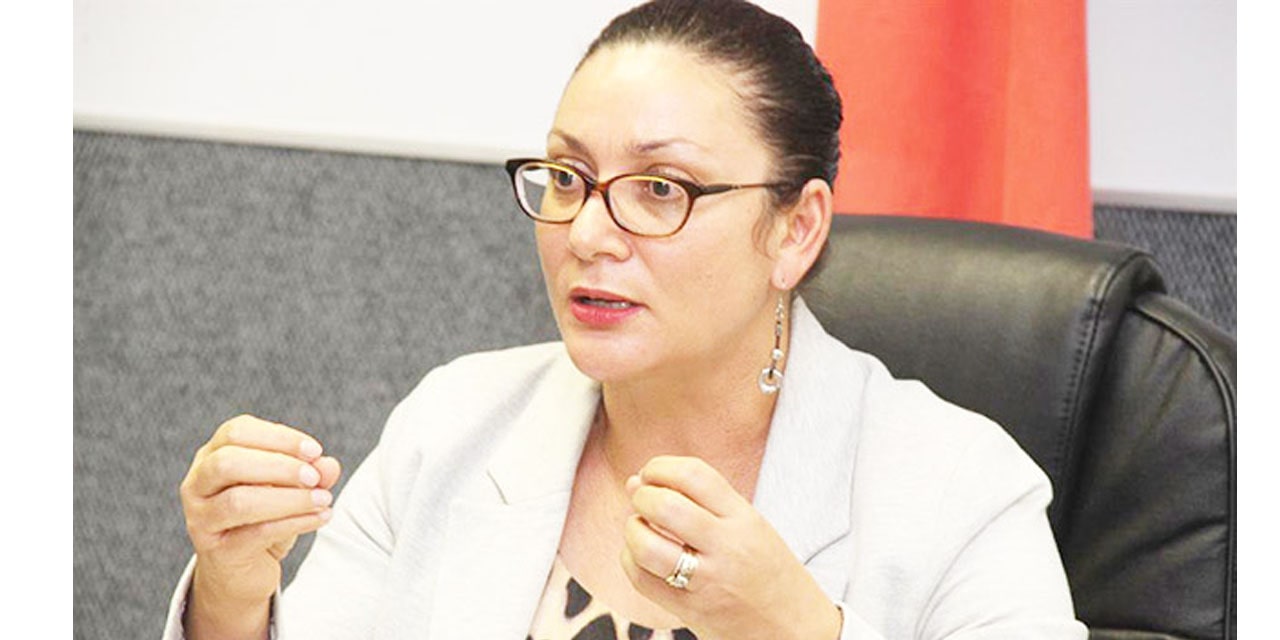Tujoromajo Kasuto
Sanet Steenkamp, executive director of the Ministry of Education, Arts, and Culture, states that the ministry is investigating the issue of understaffing in public schools and is awaiting the 15th-day figures before allocating and transferring teachers from overstaffed to understaffed schools.
According to Steenkamp, the Ministry has created an expedited infrastructure development plan to address the issue of spacing, and the regional directors of education are working on a three-year plan to address the understaffing of teachers by transferring teachers from a school that is overstaffed.
“This is a continuous process that requires skilful planning and execution as teachers have to be placed according to their area of specification. Equally, we await the 15th-day school statistics before any new teacher allocation can be affected,” she said.
Furthermore, the Ministry acknowledges that the available resources are not sufficient to cater for ever-growing educational needs and these limited resources are attributed to the economic situation of the country.
“We are therefore using all possible methods to make targeted interventions with the resources at our disposal. We call on the private sector, development partners, parents and communities to purposefully and holistically support the schools and the education sector in general. With the release of the budget for the 2023/2024 financial year, all due allocations to schools and regional councils will once more attend to,” said Steenkamp.
In terms of what can be done to improve the quality of public schools, the Ministry has resolved to introduce targeted funding for the rehabilitation and construction of appropriate and adequate education physical facilities, including funding for temporal structures.
Furthermore, tol increase budgetary allocation for the procurement of teaching and learning resources physical and human.
“With the support from Institutions of Higher Learning and other stakeholders, the Ministry will introduce targeted funding for continuous professional development for teachers’ in-service, as well as targeted funding to improve monitoring and evaluation at all levels The Ministry will also make budgetary provisions to re-activate National Standards and Performance Indicators (NSPI) school visits,” said Steenkamp.
She further adds that the funding allocated to Namibia College of Open Learning (NAMCOL) will be increased to cater for the expansion of face-to-face tuition
“They will also prioritise the training and recruitment of qualified Life Skills teachers, strengthen career guidance and raise awareness for learners’ career opportunities through Institutions of Higher Learning,” she notes.
Over the past few years, the failure rate has been rising alarmingly, but Steenkamp counters that the notion that the failure rate has been rising alarmingly is not entirely correct, the pass-and-fail rate has been quite consistent over the years.
“Improving education is a multifaceted intervention that requires many stakeholders’ commitment and contribution. The Ministry in conjugation with its stakeholders recently concluded the National Conference on Education (NCE) and the Transforming Education Summit(TES), which gives key recommendations on areas that need to be improved in order to transform education,” she adds.
She emphasises that the education challenges are not only unique to Namibia but a global issue, as there is a global crisis in education.
Steenkamp highlights that the NCE report indicates both short, medium and long terms interventions that fall under various action tracks of change, namely Inclusive, equitable, safe and healthy schools.
Secondly, Digital, Learning Transforming, Education Financing and Learning and skills for life, work and sustainable development amongst others.
Additionally, some of the interventions included in the report are strengthening inclusivity, strengthening foundational literacy and numeracy, improving Professional development for teachers, infrastructure development, strengthening the TVET sector, and regulatory body for teachers, and reducing teacher-learner ratio, to name but a few.




